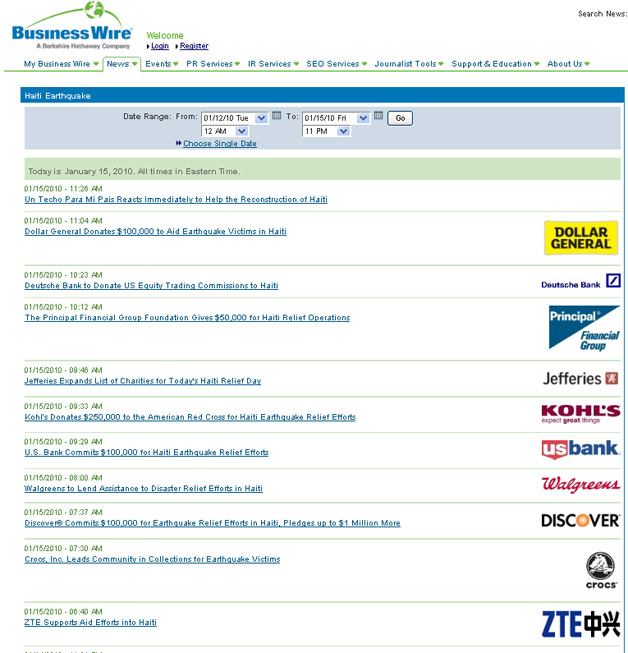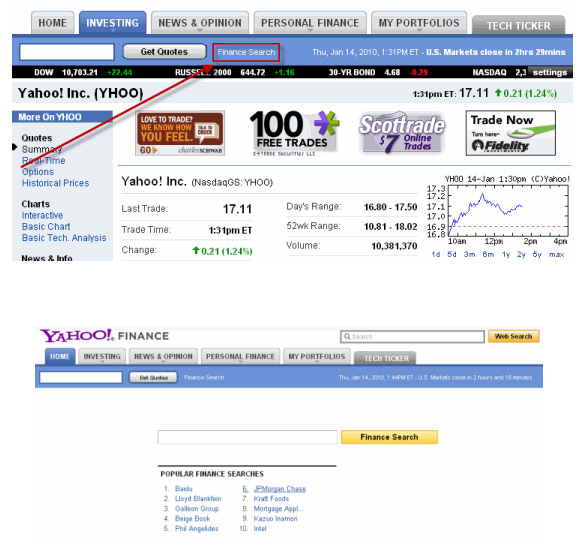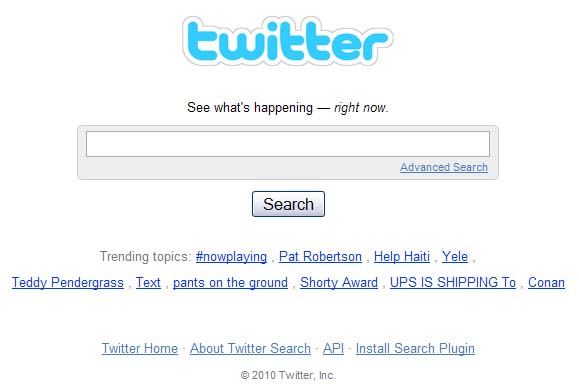It was recently discovered that search engine/news aggregator NewsNow.co.uk had been blocked by Times Online, a publication from News International, a subsidiary of News Corp. This has been viewed as a possible beginning to what News Corp. CEO Rupert Murdoch has been talking about for quite some time – blocking search engines and aggregators from using its content (and using apparently includes linking).
Do you think linking is a right? Share your view.
NewsNow founder Struan Bartlett is not exactly backing down from the fight. He has gone so far as to launch a campaign called Right2Link, the premise of which is essentially: linking to online content is a basic right, or officially:
Whether you are a consumer, an NGO, a blogger, an independent researcher, a concerned citizen or a business, your right to link needs protection.
Bartlett offers the following video to make his case:
Bartlett picks out the following as "the threats" of media owners stopping people from linking to content:
- Serious damage to the ease of access to digital information that drives the economy.
- Media owners cherry-picking organisations to target, accusing them of copyright theft, or demanding cash — this is already happening!
- Media organisations with significant economic power cutting deals with selected corporate search engines to guide the public to their online media, their opinions and their political and commercial allies.
- Media with the power to enforce it levying additional so-called "licence fees" from any business or organisation using or linking to their websites.
This is not just the argument of one man who is upset that he doesn’t get to link to News Corp. content. Even influential (though he is receiving a bit of criticism) journalist and author Jeff Jarvis, who has worked for a few big name print publications himself, has weighed in on the conversation.
 "Linking is not a privilege that the recipient of the link should control – any more than politicians should decide who may or may not quote them. The test is not whether the creator of the link charges (Murdoch’s newspapers will charge and they link)," says Jarvis. "The test is whether the thing we are linking to is public. If it is public for one it should be public for all."
"Linking is not a privilege that the recipient of the link should control – any more than politicians should decide who may or may not quote them. The test is not whether the creator of the link charges (Murdoch’s newspapers will charge and they link)," says Jarvis. "The test is whether the thing we are linking to is public. If it is public for one it should be public for all."
Jarvis says that by trying to cut off links, News Corp. is even endangering journalism. "As a journalistic matter, we reporters depend on the ability to read and analyse public statements and documents – from government, corporations or newsmakers – and it should make no difference whether that reading is done by a person or their agent, an algorithm," he says. "We depend on the right to quote from what we find – and online, the link is our means of doing so. In fact, linking to source material – footnoting our work and the provenance of our information – is fast being seen as an ethical necessity in digital journalism."
It should be noted that NewsNow offers a paid service, and this is probably the biggest reason News Corp. targeted it out of all other possibilities (of which there must be an astonishing number). But does that matter? If the linking site isn’t stealing actual content, and is simply linking, does it matter if they charge for their service?
It should also be noted that a lot of people don’t think media owners are going after people for simply linking, but one can take a quick look at NewsNow’s home page, and see that they just list links pointing to other destinations. They don’t even include snippets from the articles like other sites do.
 Of course not all media owners feel the way News Corp. does. You may recall when Thomson Reuters Media President Chris Ahearn expressed his stance on the matter:
Of course not all media owners feel the way News Corp. does. You may recall when Thomson Reuters Media President Chris Ahearn expressed his stance on the matter:
I believe in the link economy. Please feel free to link to our stories — it adds value to all producers of content. I believe you should play fair and encourage your readers to read-around to what others are producing if you use it and find it interesting.
I don’t believe you could or should charge others for simply linking to your content. Appropriate excerpting and referencing are not only acceptable, but encouraged. If someone wants to create a business on the back of others’ original content, the parties should have a business relationship that benefits both.
Our own WebProNews publisher Rich Ord has written in the past, "I know a little bit about news aggregation since I created the very first news aggregation site on the Internet, NewsLinx.com in 1996. I faced a similar backlash from newspaper companies back then, with many including the Wall Street Journal actually contacting me asking if I had permission to deep link to their articles. My typical answer was that I did not have permission and since the nature of the Internet was links to content, I didn’t believe I needed permission. Their reply 100% of the time was to keep linking, because I was driving them a lot of free traffic."
That stance seems to have changed over the years.
As Bartlett maintains, nobody is saying media owners don’t have the right to put up paywalls around their content, but if that content is freely available, why shouldn’t anyone be able to freely point to it with a link?
Where do you stand on this ongoing debate? Discuss here.
Related Articles:
> News Corp. Blocks Content from News Aggregation Site
> Murdoch On Blocking Search Engines: "I Think We Will"
> Murdoch’s War with the Aggregators
> Is it Really Crazy to Block Google?
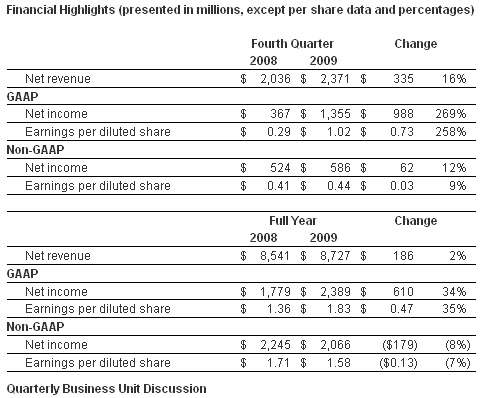

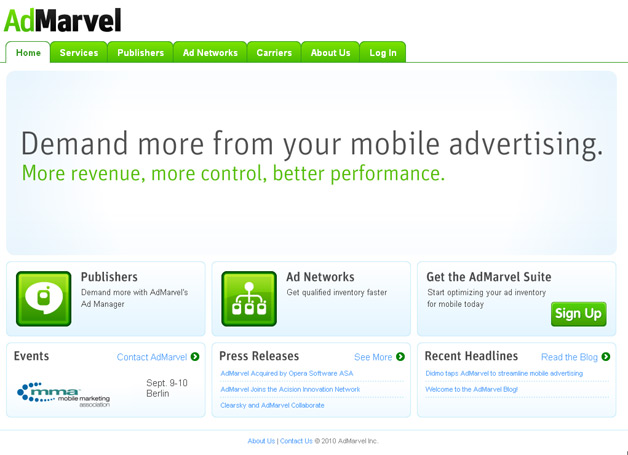
 According to
According to 




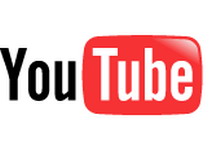

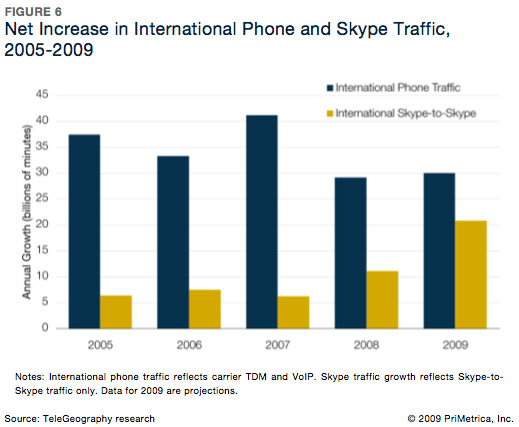


 Either exit might have been considered unremarkable on its own. The COO, Peng Ye, left before Google made its big statement about China, and also before hackers attacked Baidu, so "personal reasons" sounded like a semi-plausible explanation.
Either exit might have been considered unremarkable on its own. The COO, Peng Ye, left before Google made its big statement about China, and also before hackers attacked Baidu, so "personal reasons" sounded like a semi-plausible explanation.

 Part of the reason behind this decision might be that Microsoft hasn’t bought into the theory that China’s government participated in the hack that upset Google. Or that it just felt unthreatened by it.
Part of the reason behind this decision might be that Microsoft hasn’t bought into the theory that China’s government participated in the hack that upset Google. Or that it just felt unthreatened by it.